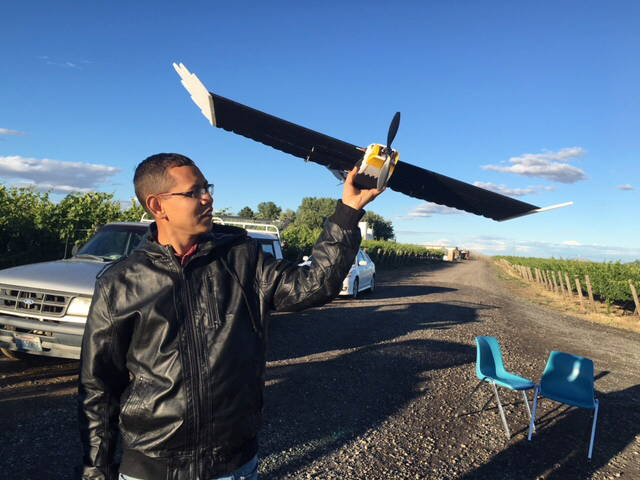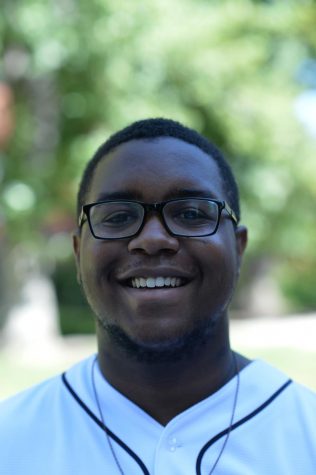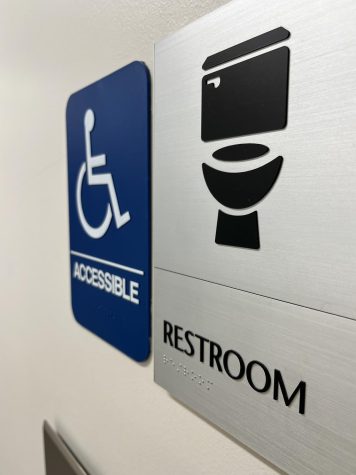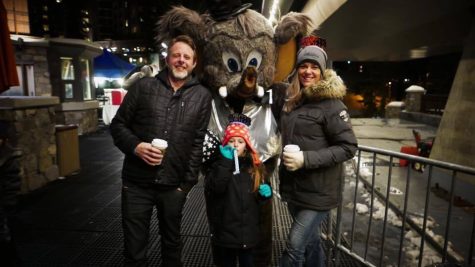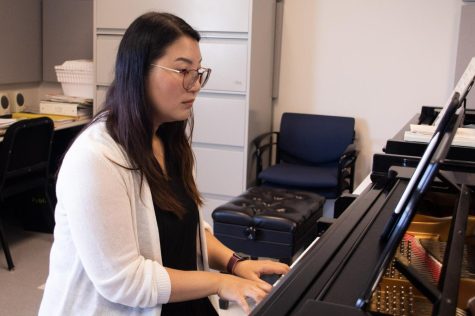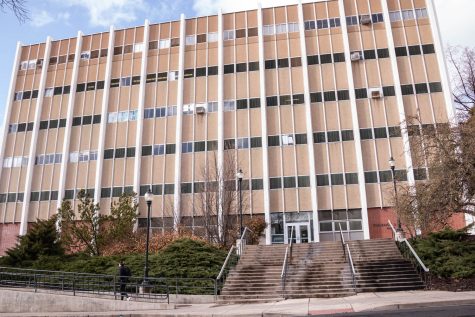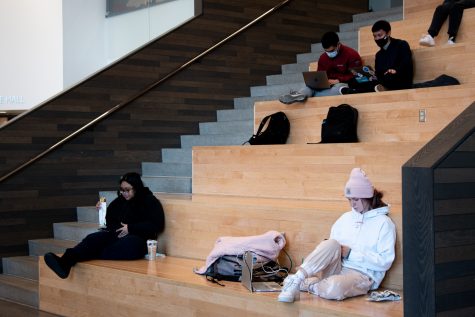Online publication labels professor as AI trailblazer
Karkee hopes to accomplish research, help farming industry
“It gives me a lot of pleasure to be selected in that elite group of people,” said Manoj Karkee, a biological systems engineering associate professor.
January 18, 2019
The online magazine “Connected World” recognized a WSU associate professor as one of the 2019 artificial intelligence pioneers.
Manoj Karkee, a biological systems engineering associate professor, said the magazine chooses its pioneers based on their use of artificial intelligence, data analytics and technology around the world.
“Other scientists are recognized from different prestigious universities,” Karkee said. “It gives me a lot of pleasure to be selected in that elite group of people.”
After he received this recognition, he said he and his students can take the next step in their research and solve more challenges using robotics, automation and smart technology.
“They identify and nominate 10 to 12 individuals based on their judgement,” Karkee said. “It’s not something where you nominate yourself or suggest yourself.”
He said with the help of his students and other colleagues, his project on smart irrigation systems for fruit trees and grapes will be accomplished in a matter of months.
“We work a lot in applied robotics areas [that] cause constant problems in agriculture,” he said.
Karkee said he is also the co-founder of the Joint Center for Agricultural Robotics. This is a partnership between WSU and University of Technology in Sydney, Australia, which is important for the agricultural engineering field, he said.
“We recognize that this partnership will help us build solutions that will be more robust,” Karkee said.
He said he is looking forward to the new age of agricultural engineering and how other universities could also help revolutionize the way people across the globe view agricultural engineering.
“Personally, I’ll continue to do my agricultural robotics research,” Karkee said, “including harvesting fruits and vegetables with labor use, chemical use and other uses [that] are being tied together to help structure the farming industry.”

